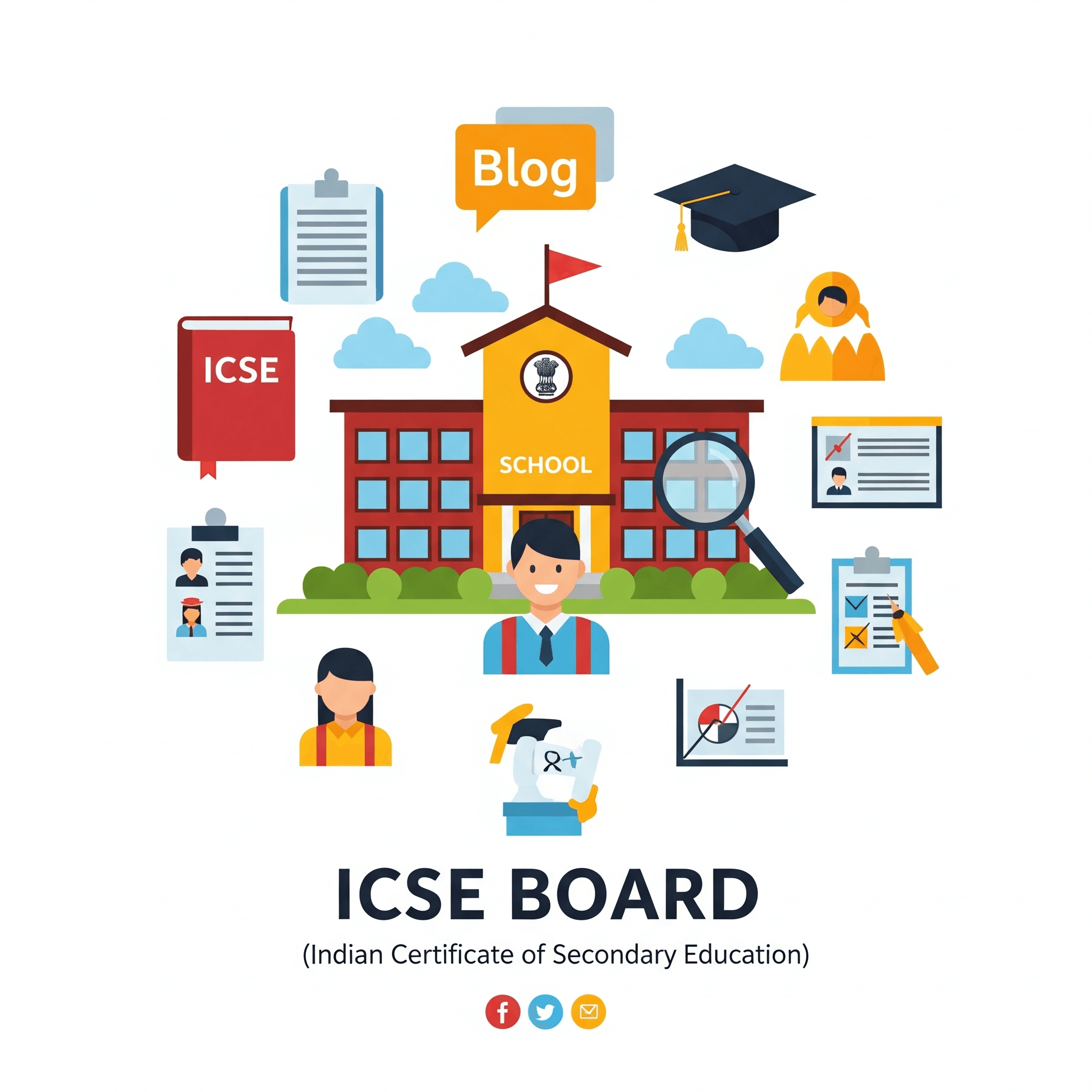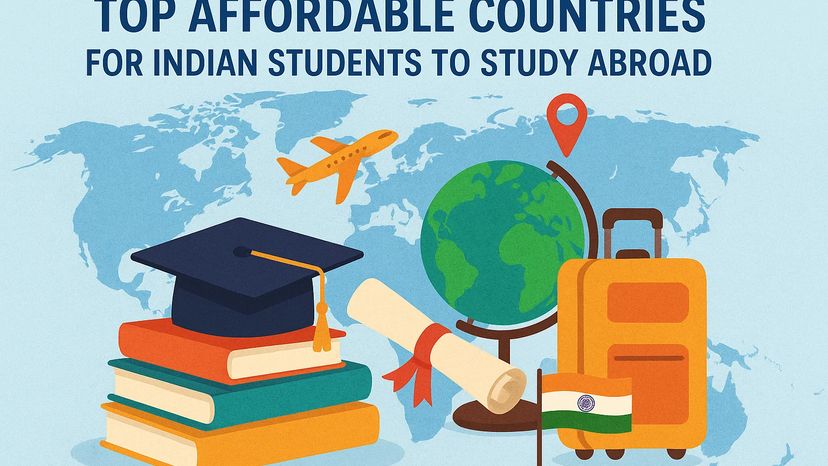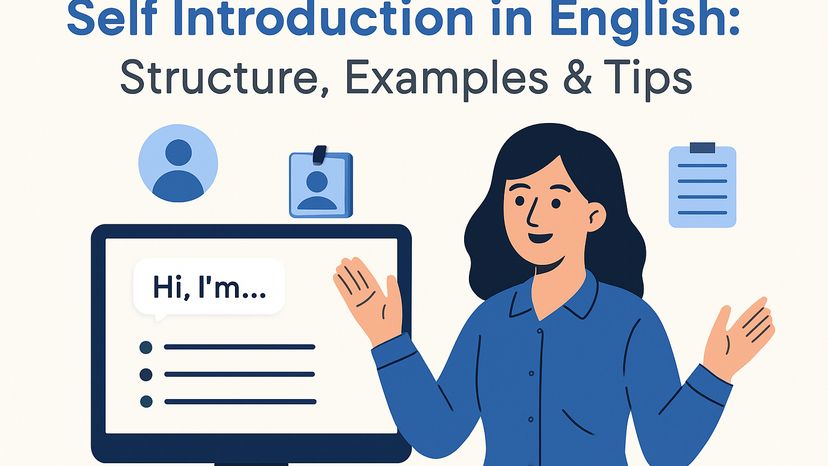Often students follow the marks left by their seniors, and follow the same chosen path as everyone else. But, by doing that, they also lose the opportunity of trying something new, which may have been their designated place in life. That’s why, today we will discuss something different, that most students may have never heard of, and it is called ICSE board.
The ICSE board claims to focus more on what students want, rather than just teaching what they have been doing for the past 200 years. Their programs allow students to pick their desired subjects from an early age. Whereas these privileges are seen much later in something like the CBSE board. But, is that all? Or do they have something else? Well, we will figure out just that and uncover what ice stands for, how the ICSE board works, and of course what is the ICSE full form.
Some history lessons on ICSE council and board
Let’s have a quick look at what ICSE even means. The ICSE full form is the Indian Certificate of Secondary Education, and it saw its first light in 1958. The main reason for its birth was to create a domestic education system which is different from international ones. At the time, the University of Cambridge Local Examinations Syndicate or UCLES from the United Kingdom was the most popular one, all thanks to their heavy influence for over 2 centuries. With that in mind, The Council for the Indian School Certificate Examinations, or CISCE for short, decided to create a new board where education is equally distributed among other activities. And yes, it was named the Indian Certificate of Secondary Education, which the ICSE board full form on November 3, 1958.
Since then it has remained the pride and joy of India, which was founded 4 years before CBSE. So technically this is one of the oldest boards that has deep ties with the culture and struggle of India, and its brave freedom fighters.
The curriculum under the ICSE board
Now that you know what ICSE full form is, and how it was founded, now let’s have a look at its curriculum which is the main shining star of this board. The main teaching system focuses on a theme-based learning, which means that students are provided with practical tasks and projects that helps them understand things in a different way. While the ICSE syllabus itself is divided into three groups:
- Group A (Compulsory): Contains mandatory subjects like English, Civics, History, Geography, and a choice of second language.
- The second language can be an Indian language or a Foreign/Modern language.
- Group B (Elective): Students can choose two subjects like math, classical language, environment science, and so on.
- Group C (Additional Elective): Students can choose one additional subject. This ranges from simple cookery to fashion designing and even Computer science for those who want to become a Software Engineer.
ICSE board marking system
The ICSE council follows the usual weighted average system where the ICSE council distributes about 80% of marks, while the 20% is gained through practical and project works. Group A and B follows the same things, whereas group c has a 50% ICSE board marking system, and the other half is from internal examinations, or the school.
The ICSE board vs CBSE board
ICSE vs CBSE is one of the oldest going fights. Technically the ICSE council should be more famous since this is a made-in-India education system. But numerically CBSE is the most famous one which is getting adopted everywhere. Putting that aside, these two boards have a lot of notable differences, but today we will have a look at five of them:
| Sl. No. | Points | ICSE Board | CBSE Board |
| 1 | Governing Body | Under direct supervision of the Government of India | Governed by CISCE, which is a Non-Government or Private council. |
| 2 | Curriculum | More Competitive Exams Oriented like NEET and JEE. | Prioritizes Application-based learning like project works and real-world scenarios. |
| 3 | Medium | English and Hindi medium. | Only English medium. |
| 4 | Strong Subjects | Science and Mathematics. | Science, Mathematics, Languages, Arts, and Humanities |
| 5 | Difficulty | Generally easier than ICSE board. | Considered more difficult than the CBSE Board. |
Frequently Asked Questions
Q1. Why ICSE board is so different from the CBSE board?
Ans. The main difference comes from their approach. CBSE, or Central Board of Secondary Education is more exam-focused, which means if you want to crack tough government jobs in the future, then CBSE is the way to go. Meanwhile, the ICSE board grants equal opportunities to exams, and extracurricular activities. This means students will be exposed to all sorts of things from photography to painting and even fashion designing.
Q2. Is the ICSE board difficult?
Ans. It depends on the subject, but overall, the subjects under the ICSE board are considered a bit challenging. Because it has an international curriculum, and maths includes higher formulas at an early age. While the extracurricular activities are its main highlight, that doesn’t mean that the main study itself is lacking in challenge and learning experience.
Q3. Can I reappear for exams on the ICSE board?
Ans. Yes, students who have passed all subjects can apply for supplementary exams on one or more subjects. The same goes for failed ones, both receive the same treatment and these supplementary exams are often called as Improvement Examinations in the ICSE board.
Q4. Are there any ICSE schools in Pondicherry?
Ans. There are numerous schools like Aklavya International School, British International Academy, and Primrose School who all provide excellent ICSE board integration, and are located in Pondicherry.
Q5. Is it true that the ICSE board will conduct the 10th exam twice?
Ans. Yes, it is absolutely true that the 10th exams will be held twice, but it’s only for the 2025-26 batch. Students will keep their best scores from either exam, and no numbers will be overwritten unless they are higher. This decision was made due to the New Education Policy, or NEP 2020 which was adapted recently.











